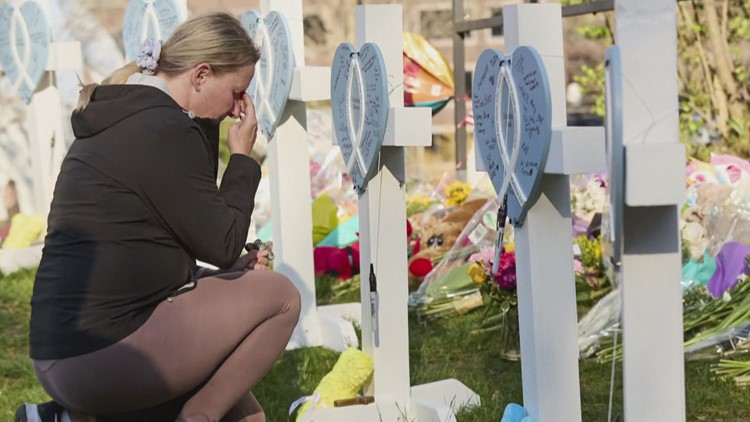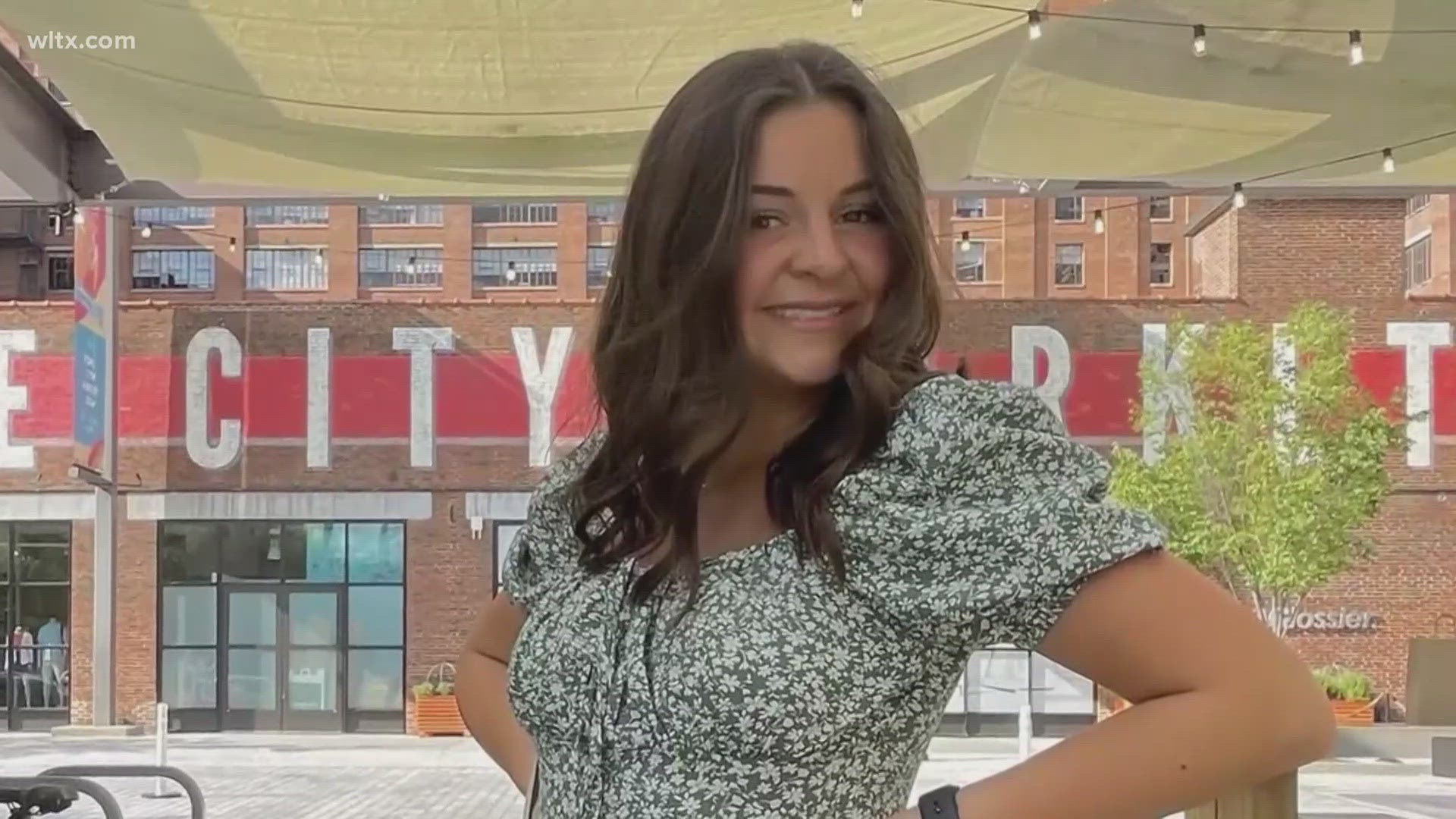NEW YORK — When mass shootings make headlines, you may feel a range of emotions, from anxiety to fear or even a sense of numbness over yet another tragedy. You're not alone.
Experts say even from a distance, gun violence can take a toll on your mental health.
"Even if you're not a survivor or bystander, watching it time and time again on your phone or on the headlines can really impact you in ways that I don't think we knew before to be as impactful. It's so 'in our face' all the time and we have access to so much footage, so many pictures, so many videos, so many accounts that we're ingesting it in ways that's really unhealthy for us," says Dr. Riana Elyse Anderson, a psychologist and fellow at Stanford's Center for Advanced Study in the Behavioral Sciences.
There have already been over 230 mass shootings in the U.S. this year, according to the Gun Violence Archive — defined as incidents with four or more people shot, not including the attacker. Hearing about one tragic event after another "certainly does impact somebody's mental health or even just their emotions in the moment," says Dr. Sydney Timmer-Murillo, a psychologist and post-doctoral fellow in trauma and health psychology at the Medical College of Wisconsin.
"If you're looking at your local news or hearing of those mass shootings, that can elevate your worry that that might impact you, your loved one or your community," she says.
Any type of shooting can be "incredibly distressing, even if you're not present" and can contribute to the collective trauma we experience when violence is happening in our communities, says Dr. Justin Heinze, associate professor of Health Behavior and Health Education at the University of Michigan and co-director of the National Center for School Safety.
"People experience grief, they can experience anger after collective trauma and they can go through some of the same challenges following the event as those who are directly involved," he says. That can include difficulties returning to normal routines, trouble sleeping and increased feelings of fear, emptiness and more. Some may not even recognize they've been traumatized, he adds.
"An entire generation... with increased mental health problems"
A 2019 American Psychological Association survey found that a third of American adults say fear of a mass shooting prevents them from going to some public places or events.
Anderson says we can't forget about how living in a nation beset by gun violence affects kids, either.
"When we're thinking about young people and how we're asking them to prepare for mass shootings in schools, or we're asking them to learn how to create tourniquets for classmates and teachers, when we're putting the burden and onus on young people, we can't help but to expect that there's going to be greater mental strain," she says. "We're going to create an entire generation of people with increased mental health problems."
As many have seen over the past years with the pandemic straining people's mental health, chronic stress can create a longer list of both mental and physical problems. According to the Mayo Clinic, chronic stress can put you at increased risk for things like high blood pressure, sleep problems and more,
"We're not negating what adults are going through, but what happens to a child's brain relative to an adult is that when you're experiencing, witnessing and being exposed to the traumatic event, that actually can reshape the way that your brain grows, functions, operates," Anderson says.
With young people in America already experiencing a mental health crisis, gun violence worries add another troubling layer.
"There's this cumulative burden when one is exposed to violence and experiences violence. We also know that the more traumatic experiences that one carries in childhood that absolutely carries through the lifespan," Timmer-Murillo says. "Those things in turn can impact how they trust other people or... seek out support from others. There really is this cyclical effect of the amount of trauma you experienced and then how it can impact you."
And while schools tend to react to stories around school shootings or violent events with very visible security measures, Heinze says it needs to be accompanied by building a positive school climate and explanations for why these things are in place.
"Once we're pairing all of those things together and a comprehensive school safety strategy, that can be a more developmentally appropriate way to be engaging with students," he says.



